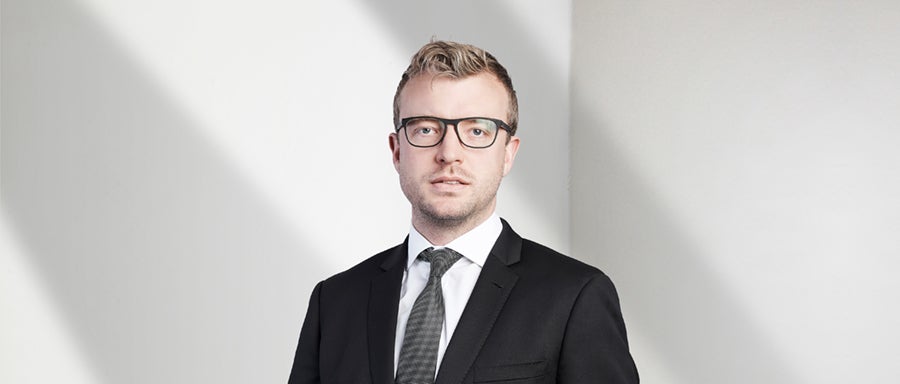Important updates
Maurice Blackburn has made a representative complaint against Qantas over a recent major customer data breach. Learn more and register now.
For survivors of childhood abuse, it can take an average of 20 years to tell someone about what happened. It takes time to process it, and to build up the courage and resilience to trust someone with the information or consider the prospect of a legal matter.
This is why one of the key legal changes in recent years, following recommendations from the Royal Commission into Institutional Responses to Child Abuse, was the removal of time limits for child abuse claims. This has meant that survivors are able to start legal claims against at-fault institutions, decades later.
What are calls for witnesses?
When we prepare a case for our clients, we often need to call upon witnesses to help us. Sometimes this is via a social media post, or a notice in the paper. These calls usually ask for anyone who attended the institution (such as a school, boarding house or church) during a certain time, to reach out to speak confidentially to one of our trauma-trained team.
If you are someone who attended or was connected with an institution we are investigating, but don’t believe you are a witness, your memories of the time can also be significant in helping build a case. Witnesses who have helped us in the past have been other students, teachers, coaches or even other parents.
Why are witnesses so important?
The time it takes for many survivors to come forward means that the abuse often happened a long time ago, and it can be challenging to gather historical evidence in support of our clients' cases.
It is often the institutions themselves who hold most of the historical information and knowledge relevant to our clients’ cases and it can be challenging to access this information where files have been lost or destroyed. There can also be barriers to overcome in accessing important information where an institution refuses to cooperate.
It’s important to note that there are very rarely direct witnesses to the actual abuse – these horrific offences are almost always committed in secrecy, so the supporting testimony of others can be crucial.
How can witnesses help?
Witnesses can provide important context and background to what our clients experienced.
It might not be something you think is important or significant. But information like confirming what class someone taught, confirming someone attended an institution or providing copies of photos or newsletters from the time, can help piece together a puzzle.
In cases where we are dealing with abuse committed by notorious perpetrators, it is likely there are other people out there who have seen, heard or experienced something. By speaking to our team about what you remember, you can help survivors strengthen their cases to bring institutions to justice.
Witness testimony can also help build something called tendency evidence, which shows a pattern of behaviour that can be used to prove a perpetrator had a tendency to act in a certain way, namely, to abuse children, which can help demonstrate they committed the abuse of our clients.
It's not too late to help
If you see a call for witnesses from our team, and believe you may have relevant information, please reach out. Our lawyers are trauma-trained and will deal with your information in confidence.
Remember - even information that seems insignificant could be the missing piece needed to bring justice for our clients.
Our team of experienced abuse lawyers are here to help. You are not alone.
If you or someone you love is a survivor of childhood abuse, we are here to support you and get the justice you deserve.
Easy ways to get in touch
We are here to help. Give us a call, request a call back or use our free claim check tool to get in touch with our friendly legal team. With local knowledge and a national network of experts, we have the experience you can count on.
Office locations
We’re here to help. Get in touch with your local office.
Select your state below
- VIC
- QLD
- NSW
- WA
- ACT
- SA
- TAS
- NT
We have lawyers who specialise in a range of legal claims who travel to Australian Capital Territory. If you need a lawyer in Canberra or elsewhere in Australian Capital Territory, please call us on 1800 675 346.
We have lawyers who specialise in a range of legal claims who travel to Tasmania. If you need a lawyer in Hobart, Launceston or elsewhere in Tasmania, please call us on 1800 675 346.
/MBL_ZoePapageorgiou_2022-01-13_300x300px.jpg)

/south-australia-child-abuse-general-damages-ruling-thumbnail.jpg)
/peter-story-of-survival-and-justice-thumbnail.jpg)
/NDIS-ZOEthumbnail.jpg)